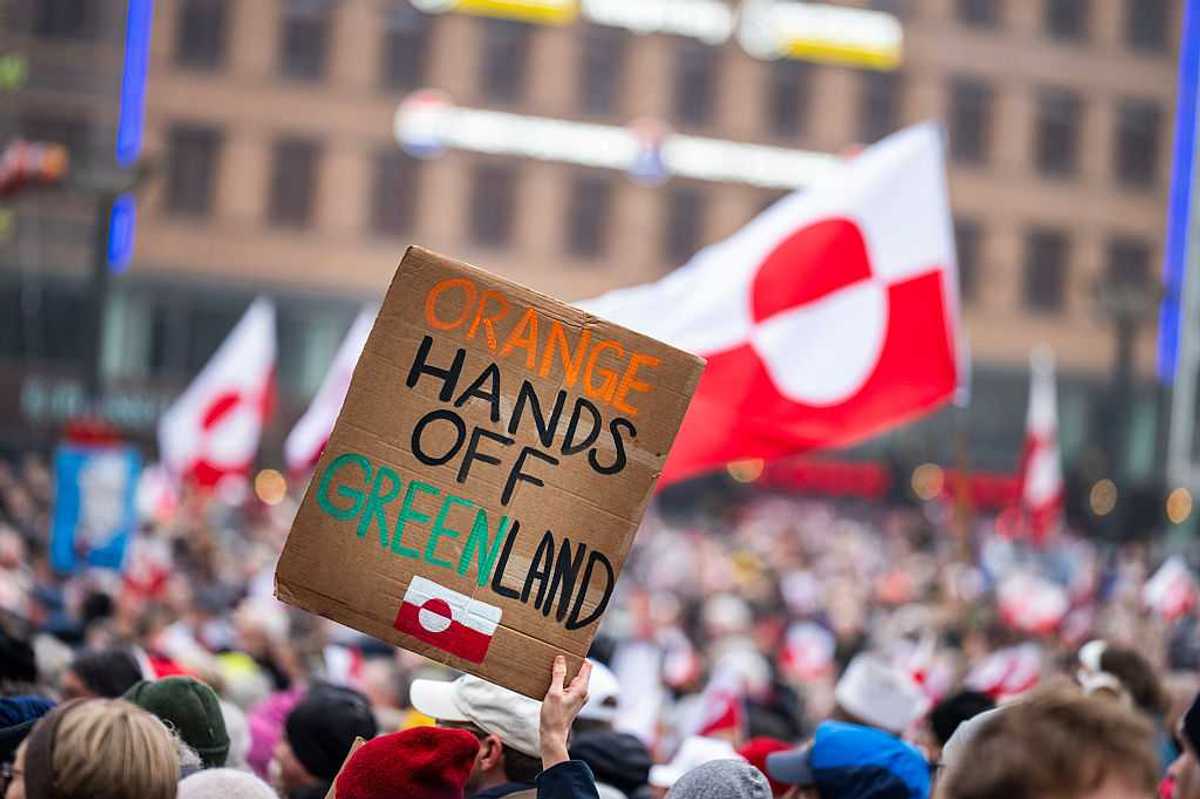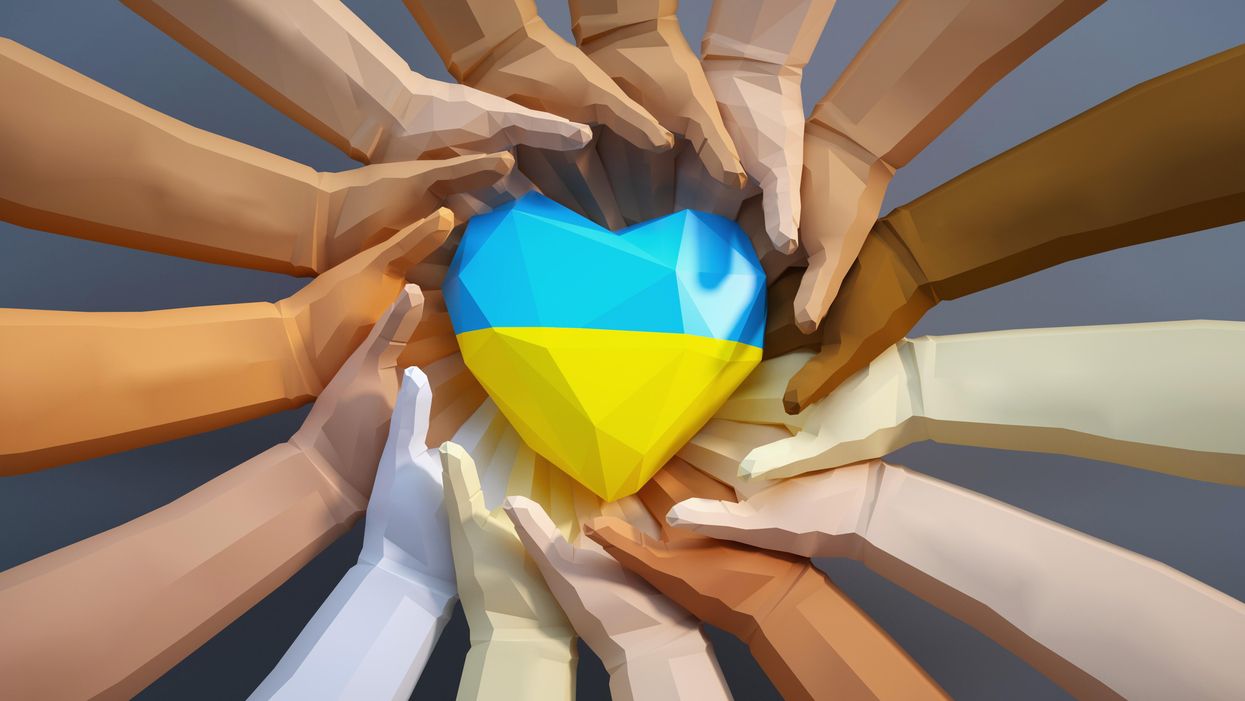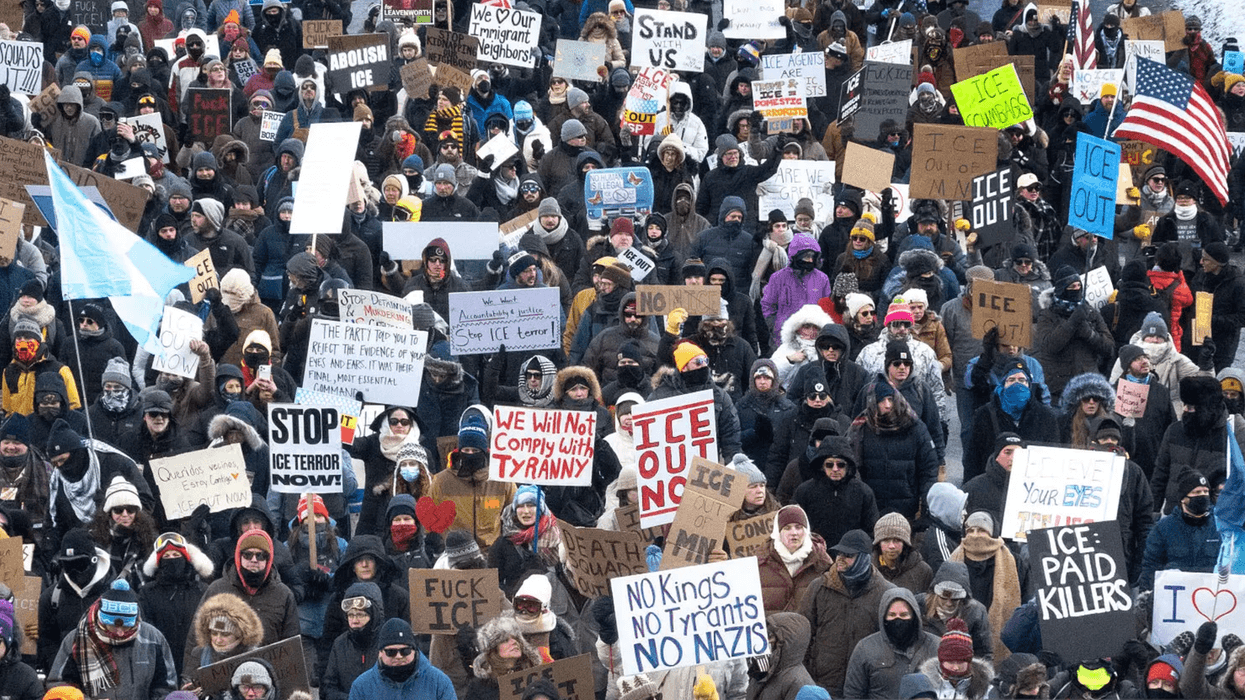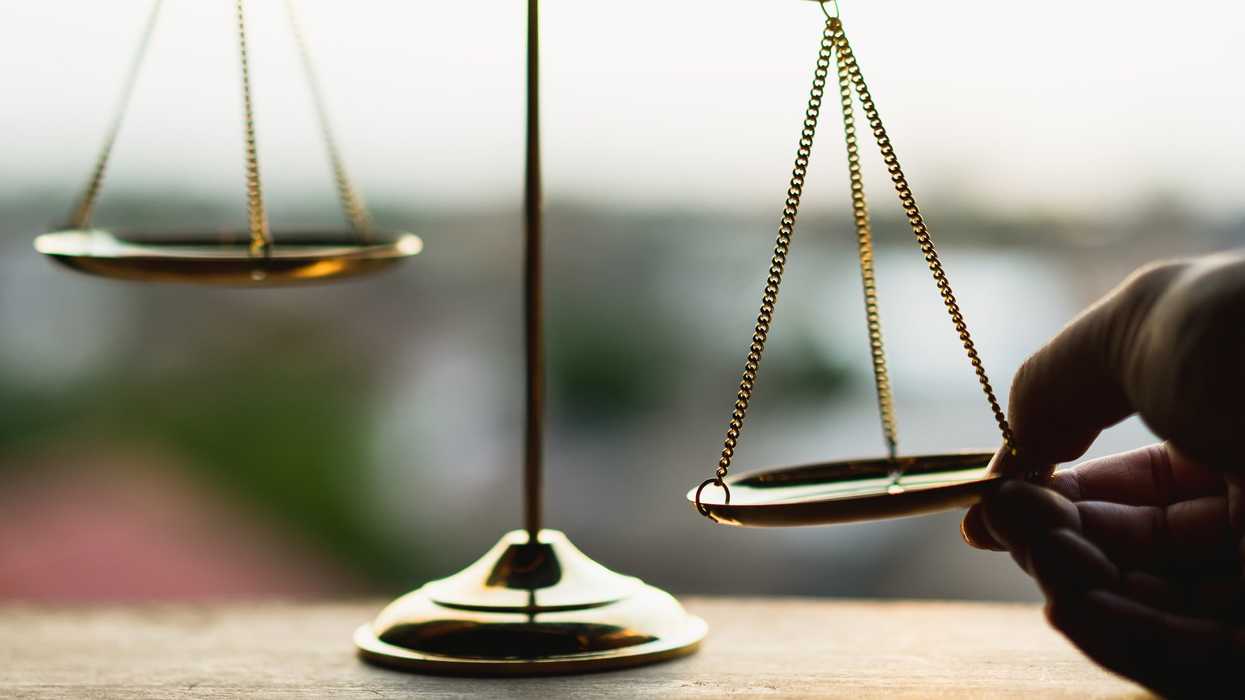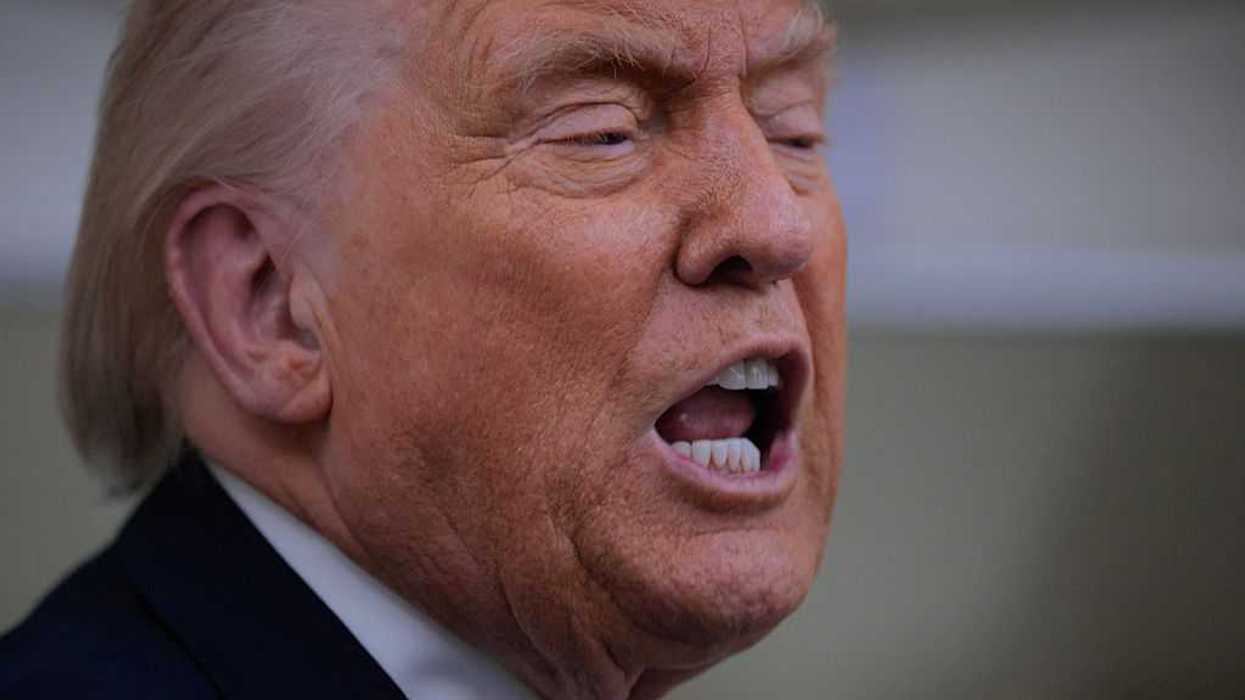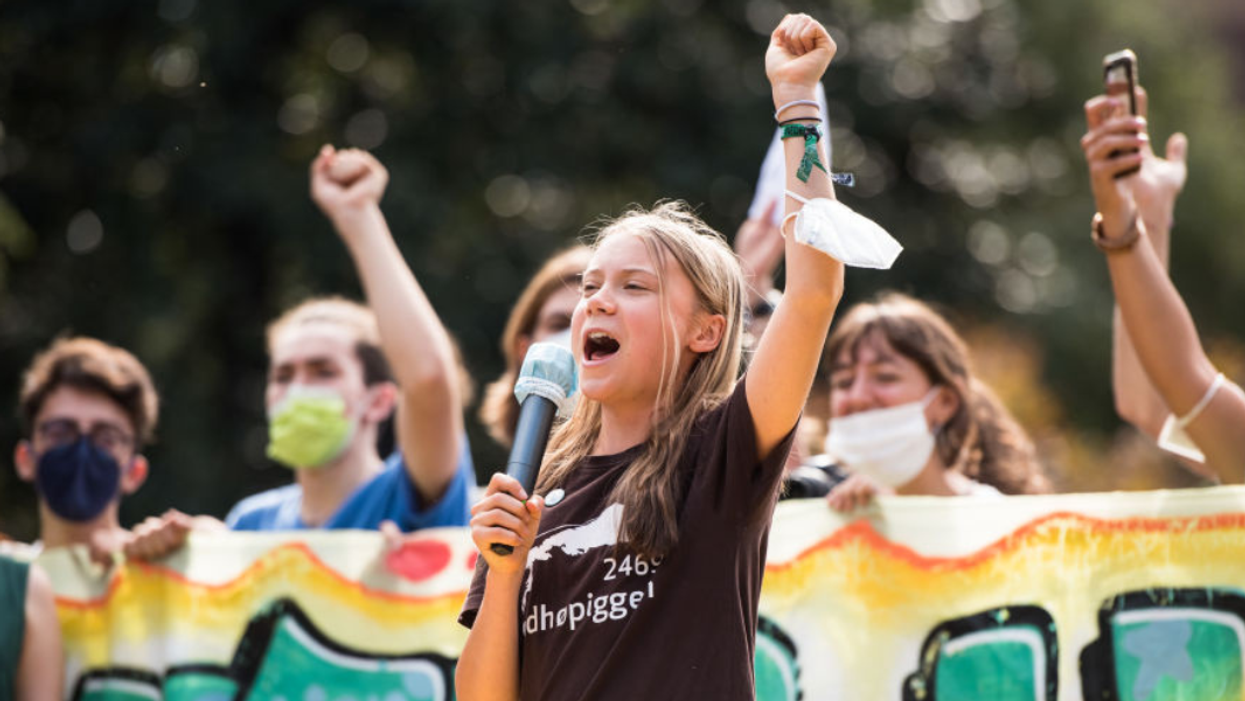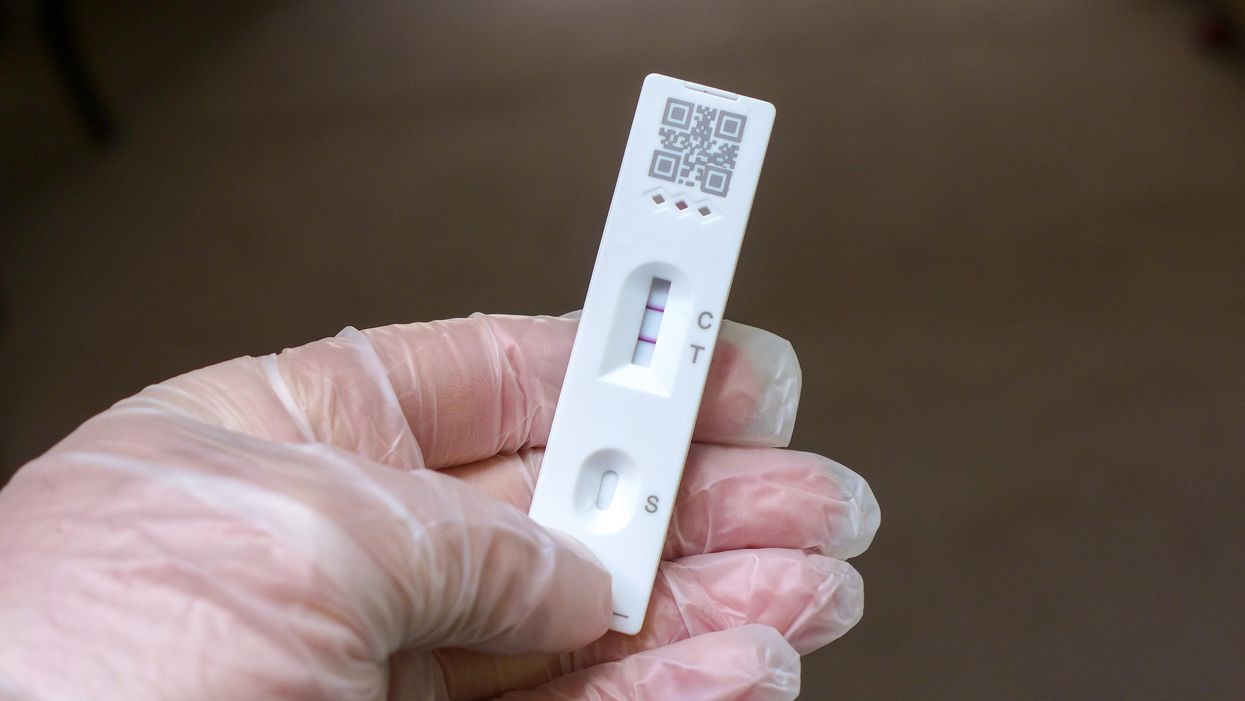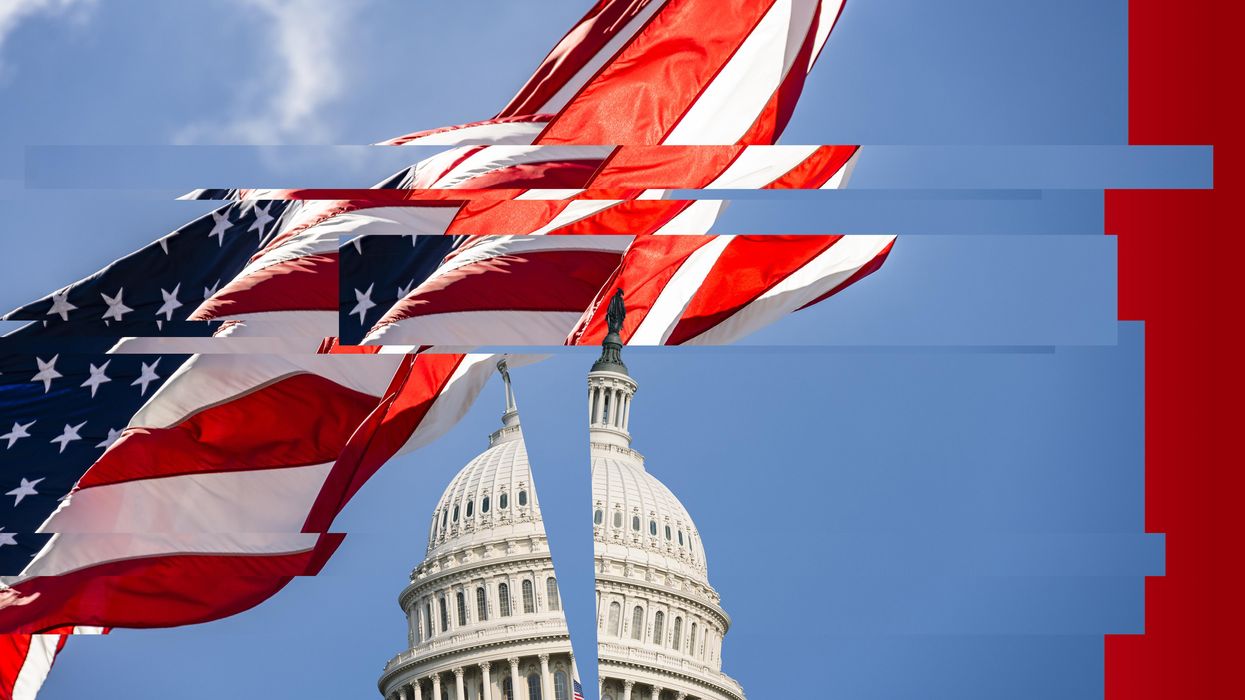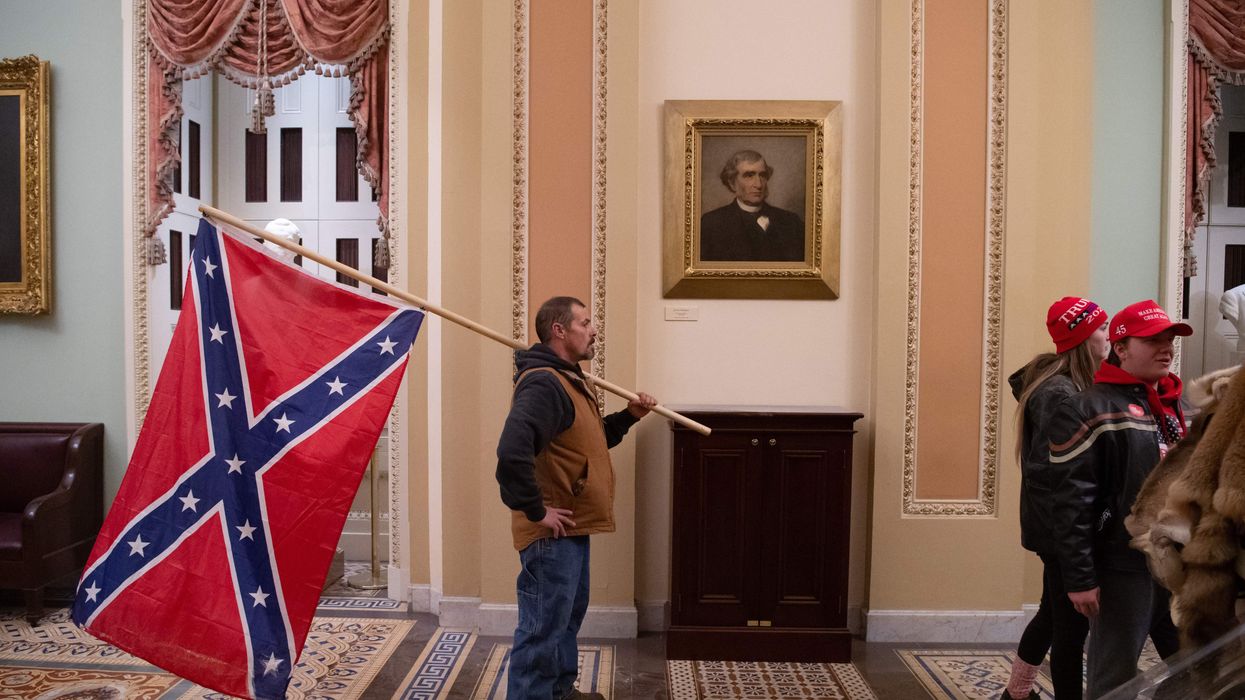Willis is the founder and director of Oregon's Kitchen Table at Portland State University and executive director of the Deliberative Democracy Consortium. She is the author of a textbook, a book of essays and two books of poems.
Blessed are those
who break off from separateness
theirs is wild
Heaven.
-Jean Valentine, “The Harrowing”
They told us what was coming. So I — like so many others around the world — coiled myself into a fatalistic ball waiting for the Russians to roll across the border into Ukraine. Two days, Vladimir Putin supposedly told his troops. Two days, and the Russians would be, if not greeted as liberators, at least accepted as neighborly occupiers. Ukrainian President Volodymyr Zelensky and his cabinet would flee to some sympathetic nation in Central Europe, and the world would move on. That was the plan, at least. And it was a plan that, somewhere in the back of my head, I accepted.
Of course, as we all know now, that was not what the citizens of Ukraine had in mind. Zelensky stayed. The Ukrainian people have banded together and delivered babies and fed neighbors and torn down street signs, and fought and fought. Russian troops have grown increasingly brutal. They are raping and murdering civilians. They are shelling hospitals. Thousands upon thousands of Ukrainians have been killed, many of them dumped into mass graves dug on the edges of suburban neighborhoods. Millions more have fled.
So what are we to do? Of course, President Biden and Prime Minister Sanna Marin of Finland and Chinese President Xi Jinping and the U.N. Security Council have real decisions to make. But what about the rest of us?
I can’t stop thinking about those early videos made by Zelensky. The first one I saw looked like an Instagram video made by one of my insomniac neighbors, just him and a band of guys walking around the empty streets of Kyiv. But even before it was translated from Ukrainian, that video suggested Putin — and all of us — were in for a surprise. “Tut,” Zelensky barked after naming each of his cabinet members. Here. He is here. And he is here. And he is here. And I am here. Tut. Tut. Tut.
The underlying question was, of course, who else is here? Zelensky releases many messages a day — some of them to the Ukrainian people, some of them to Vladimir Putin, some of them to world leaders and some of them to all the rest of us. In those messages, over and over he calls for “solidarity.” As he put it: “The readiness of Ukraine to defend its statehood, our solidarity with each other, and courage broke the plan to occupy our country.” And: “[S]olidarity between all our people is a precondition of victory.” And many times, Zelensky has called for solidarity from the world. I suspect his preferred version of solidarity would involve a fleet of F-15s and aircover from NATO nations. But from those of us who don’t control the U.S. command in Europe, what does solidarity look like?
While I think the display of the Ukrainian flag on our Twitter feeds and in our living room windows is more than performative given that one of Putin’s primary miscalculations was believing the rest of the world didn’t care much about Ukraine and that we saw it as some sub-country of Russia anyway. So those kinds of symbolic displays do undermine that story and also communicate to our own leaders that we have an appetite for protecting the people of Ukraine.
Many of us are also sending money to support organizations that provide direct aid to the Ukrainian people. That’s good too. And we should keep doing it because the need is massive, and it will continue.
But is that all that Zelensky and the Ukrainian people are asking for when they call us to solidarity? I am an easy mark for the notion of solidarity — solidarnist in Ukrainian, solidarnost in Russian. I grew up in the 1980s, as the populist hero Lech Wałęsa was building the Solidarity Movement from the Gdansk shipyards, a movement that eventually swelled to include 10 million people across Eastern and Central Europe. Wałęsa was also an unlikely — though tremendously effective — global movement builder, and his work in no small part led to the buckling of the Soviet Union even as Wałęsa himself moved from union electrician to president of a free and democratic Poland.
At the time, the word “solidarity” suggested something subversive and liberatory to my politically romantic heart. So when Zelensky asks us to join in solidarity with the people of Ukraine, it forces me to ask myself what it means to show solidarity with others who are involved in movements for liberation, both here in the United States and around the world.
In asking myself these questions, I recently read bell hooks’ essay on the nature of solidarity in the feminist movement. Her thinking is precise as a knife’s edge — while there is a temptation for women to form bonds of solidarity around shared victimization, that kind of solidarity disadvantages Black and Brown women because it allows white women to set the terms of the bond without examining how race and gender intersect to harm women of color in particular and distinct ways. She goes on to argue that the most vulnerable and exploited women cannot be asked to define themselves based on victimization because their survival “depends on continued exercise of whatever personal power they possess.”
As a result, hooks argues, solidarity requires women to “bond on the basis of shared resources and strength.” In order for solidarity to emerge at the heart of a movement, “[w]e must define our own terms.” She goes on to caution: “Solidarity is not the same as support.” Support is extended — and can be withdrawn — by the person or group with the most power. Solidarity, on the other hand, is based on “a community of interests, shared beliefs, and goals around which to unite.”
If hooks is right — and I think she is — what then is Zelensky asking of us? And what liberation are we yearning for, because as hooks makes clear, solidarity requires us to declare our own deepest desires and wildest imaginings?
Zelensky and the Ukrainian people have told us, through word and deed, what their values are — self-determination, democratically elected leadership, pitching in, offering what you can, music and food and laughter — and joy — and solidarity itself.
I get a little ice in the pit of my stomach as I think about that invitation to solidarity, honestly. If we are following in the footsteps of bell hooks and are willing to offer more than “support,” I wonder where our — and by this I mean American — values overlap with those Ukrainian values. Where do they overlap enough for us to stand in true solidarity? We pay lip service to “democracy,” even as there are those among us who undermine fair and inclusive elections, free speech, and the right to live and love as we choose. If we are honest, we must admit that we have often shown ourselves to be a fickle and distractible people. We have been easily seduced by glib rhetoric and have succumbed to bare-knuckled power. We have shirked our responsibility to take a hard look at our own history. We have turned away from people and places who need protection.
But still, we stand on the threshold. The invitation has been issued. And we have yet to declare whether we will accept or decline. So there is a shimmering opportunity not just to offer aid and assistance to Ukraine and its remarkable people, but also an opportunity to decide — perhaps to re-decide — what we stand for and who we stand with. An opportunity to step over the threshold and declare who we are.



